/eddd77fb-3620-42a8-bb73-3467f1b6a05f.png)
Performance Review: Self-Evaluation Examples & Expectations for the Period
Review Rating Score
Self-evaluation is an essential element of professional growth and development. It provides individuals with the opportunity to reflect on their accomplishments, identify areas for improvement, and set realistic goals for the future. At BizzLibrary.com, we understand the significance of self-evaluation in shaping successful and fulfilling careers. That's why we offer a comprehensive self-evaluation form template to help you assess your performance and set expectations for the future.
Why Self-Evaluation is Important?
Conducting a self-evaluation is an important tool to track your progress, assess your growth, and identify areas where you need to improve.
Here are a few other reasons why self-evaluation is critical:
- Increased Self-Awareness: Self-evaluation gives you the chance to reflect and grow. You can recognize your strengths and weaknesses and identify areas where you need to put in more effort to improve.
- Better Goal Setting: By conducting regular self-evaluations, you can set realistic goals based on your strengths and weaknesses. You can identify what you've achieved, what you still need to do, and develop a roadmap to reach your aspirations.
- Fosters Growth Mindset: Self-evaluation is a way of embracing a growth mindset. You can harness the power of your experiences, failures, and successes to challenge yourself and reach new heights.
Periodic Self Evaluation:
Periodic self-evaluation is essential in tracking and achieving your goals. A self-evaluation program should follow evaluative periods – weekly, monthly, quarterly, and yearly.
How to Conduct a Self-Evaluation?
A self-evaluation is only effective if you take the time to do it properly. Begin by setting aside some dedicated time to reflect on your work and accomplishments. There are a few essential elements of a self-evaluation:
- Performance Expectations: Define your performance expectations by analyzing your goals and objectives.
- Assess Your Performance: Evaluate your performance based on your expectations and set goals. Identify areas where you have succeeded and any weaknesses or challenges you faced.
- Goals for Future: Set realistic goals for the future based on your performance and assessment. Develop an action plan to achieve these goals.
- Review: Review and revise your self-evaluation regularly based on your progress, changes in your job responsibilities, and feedback from peers and supervisors
Self-Evaluation Examples Form
Our self-evaluation form template is designed to make your self-assessment task easy and efficient. Our professionally drafted self-evaluation form provides clearly defined categories such as job responsibilities, performance, achievements, areas for improvement, and career development plans. Download our self-evaluation form template in DOCX format today to start your journey of self-improvement and professional growth.
Visit BizzLibrary.com for a wide range of business document templates, including legal contracts, sales agreements, and more. Take control of your career and strive for a successful and rewarding future.
Is the template content above helpful?
Thanks for letting us know!
Reviews
Noella Christian(6/28/2023) - AUS
I normally don't leave reviews, but I am really grateful!
Last modified
Our Latest Blog
- A Guide to Make a Business Plan That Really Works
- The Importance of Vehicle Inspections in Rent-to-Own Car Agreements
- Setting Up Your E-mail Marketing for Your Business: The Blueprint to Skyrocketing Engagement and Sales
- The Power of Document Templates: Enhancing Efficiency and Streamlining Workflows
Template Tags
Need help?
We are standing by to assist you. Please keep in mind we are not licensed attorneys and cannot address any legal related questions.
-
Chat
Online - Email
Send a message
You May Also Like
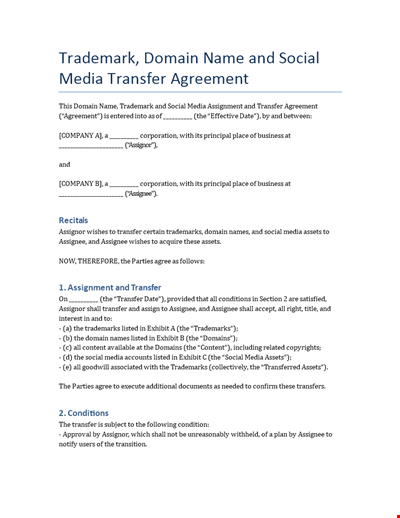
Trademark, Domain Name and Social Media Transfer Agreement

Professional Fresher Engineer Resume Example
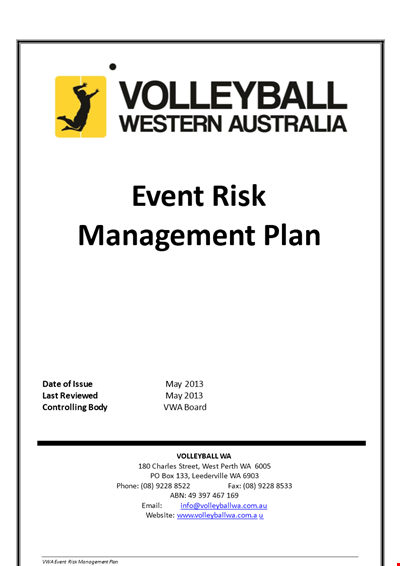
Event Risk Management Plan

Sample Leadership Retreat

Non Profit Agenda Example

Perfect Christmas Birthday Gift List

Corporate Development Agenda Template - Streamline and Enhance Development Initiatives Globally
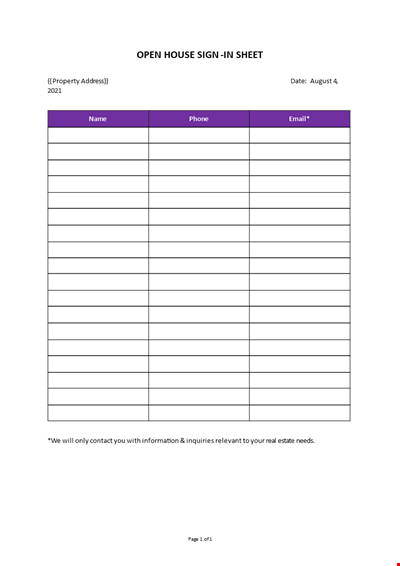
Open House Sign-in Sheet
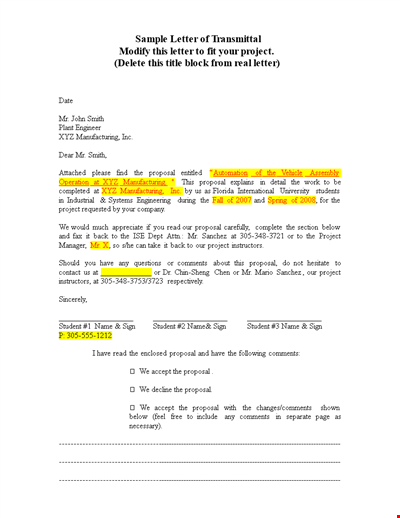
Letter Of Transmittal Template - Create a Professional Project Transmittal Letter

Create an Efficient Meal Planning Calendar for Easy Meal Preparation
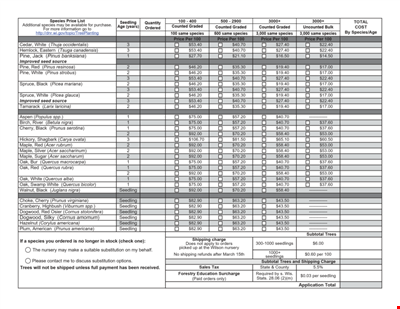
Seedling Price List - Affordable Saplings for Your Garden | Buy Best Quality Seedlings Online
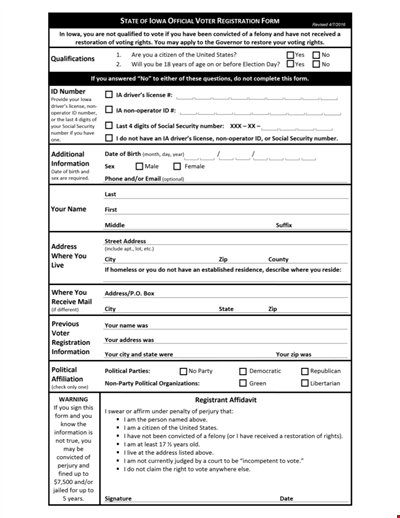
Printable Voter Registration Form

Department Material Requisition Form
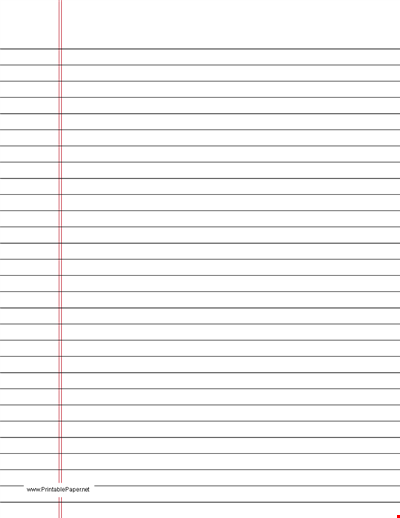
Colored College Ruled Paper

College Ruled A Size Paper Template

Management Resume Us Letter